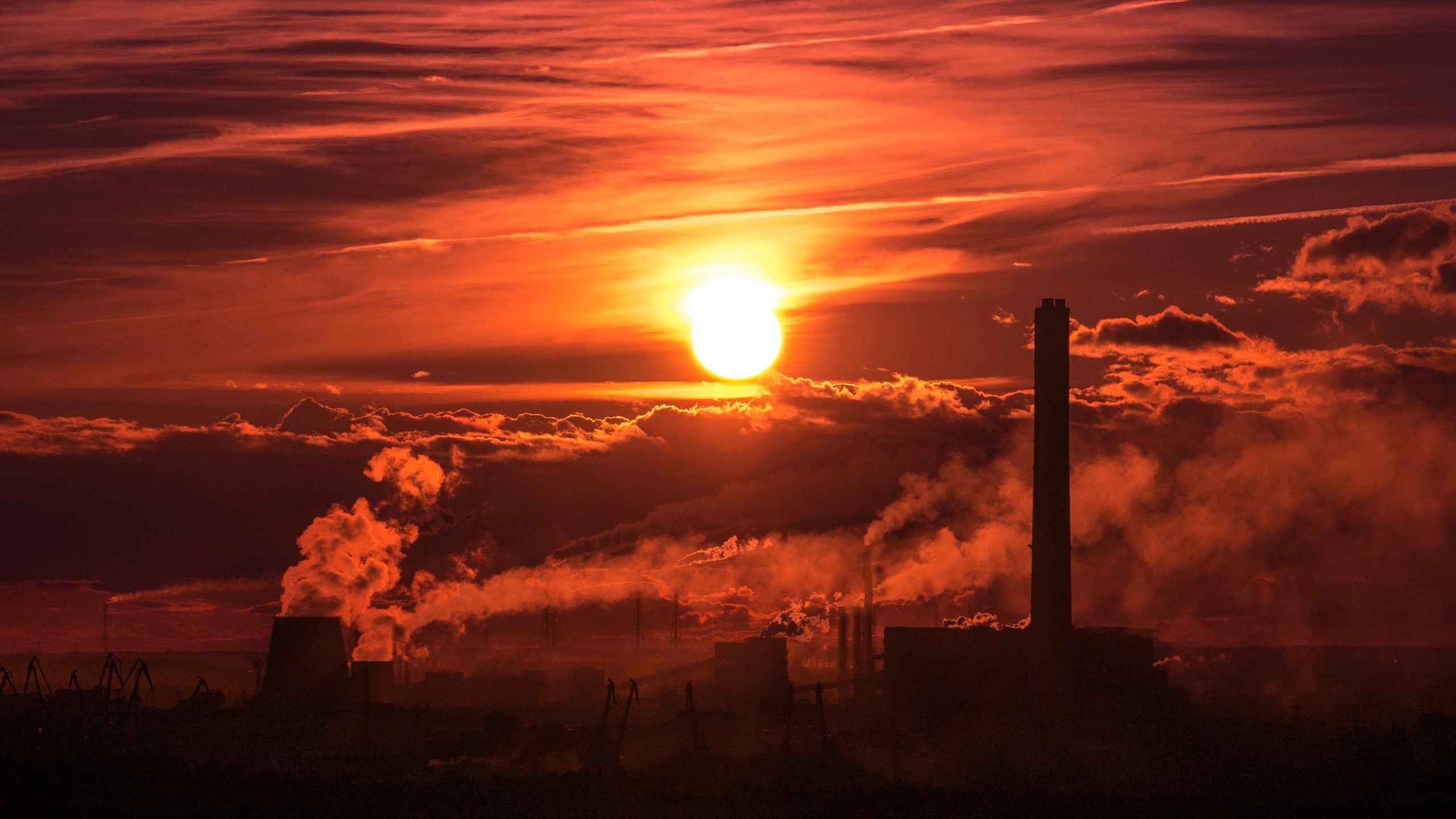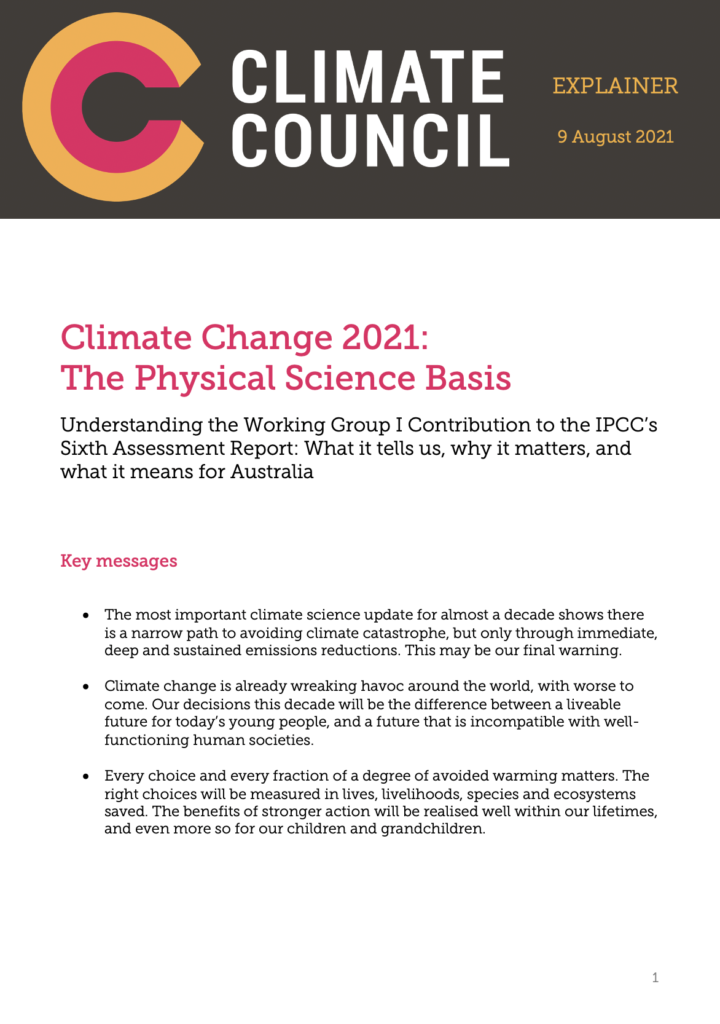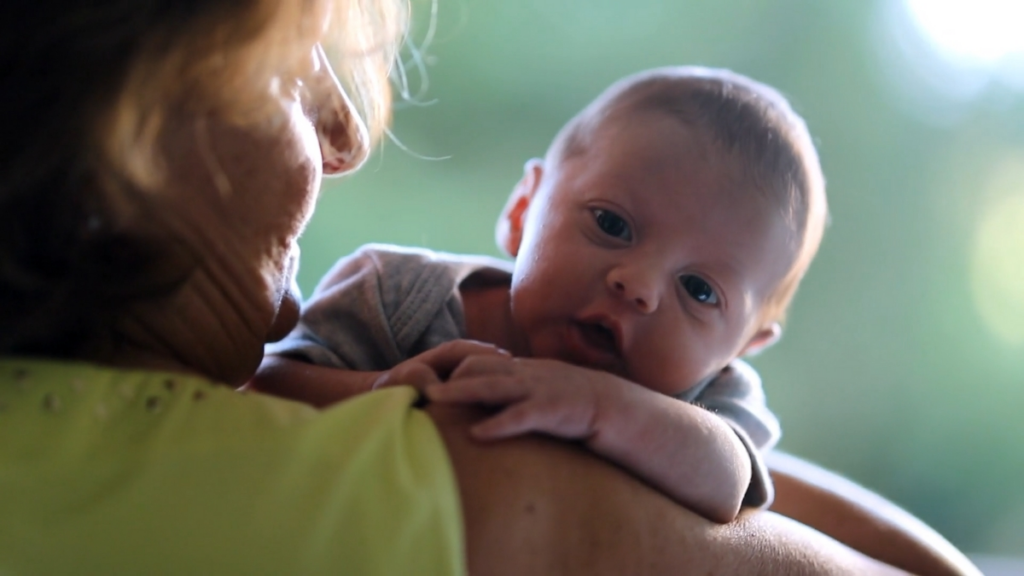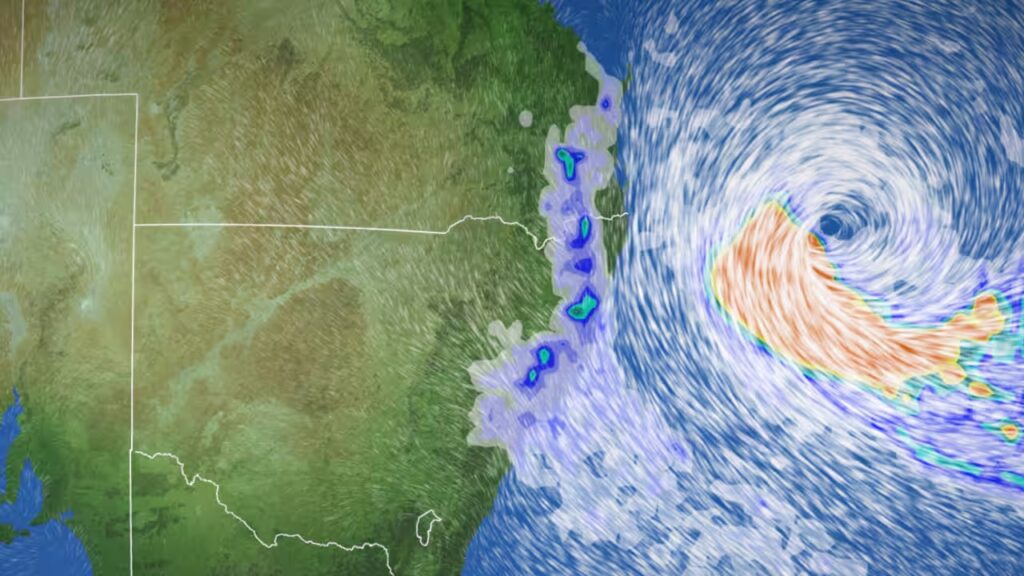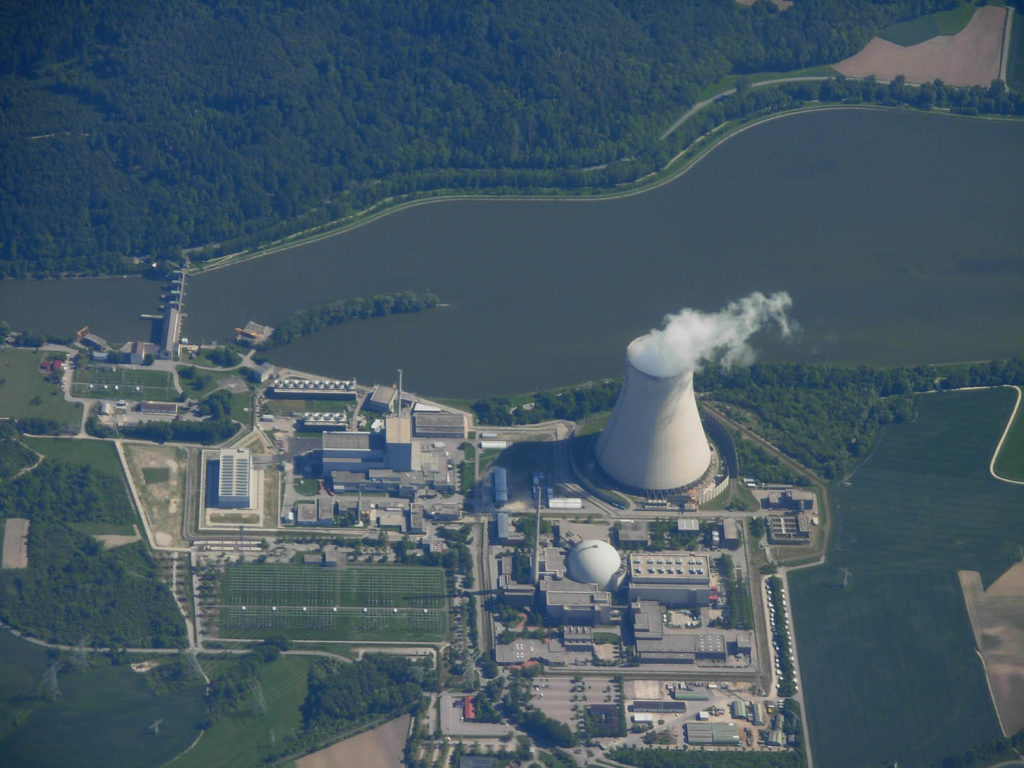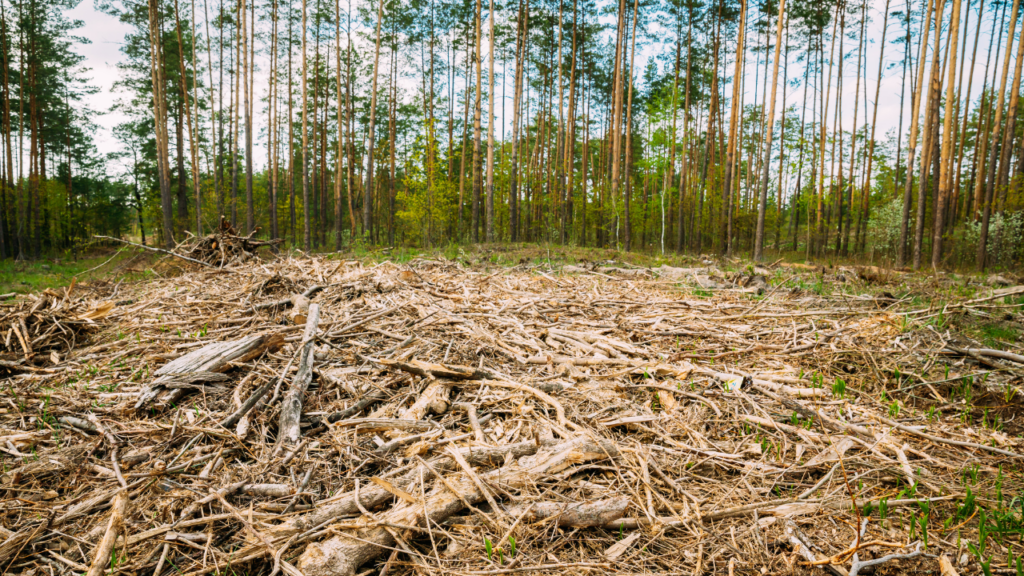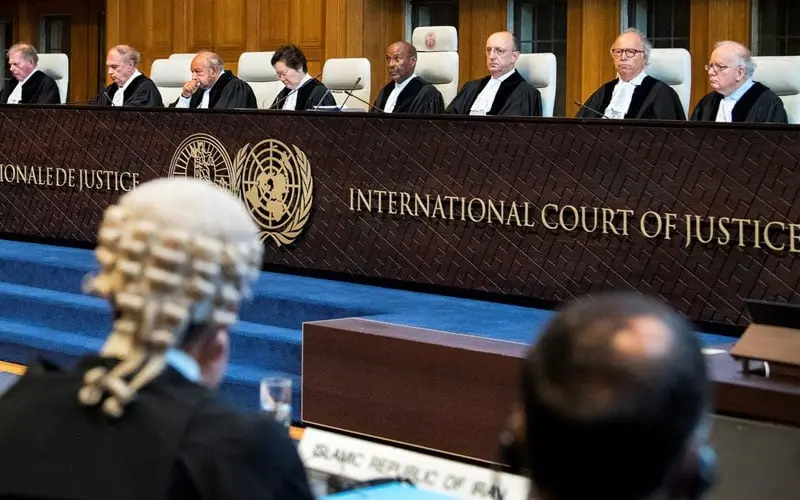Understanding the Working Group I Contribution to the IPCC’s Sixth Assessment Report: What it tells us, why it matters, and what it means for Australia
The report from Working Group I of the IPCC, covering the physical science of climate change, is the first contribution to the IPCC’s Sixth Assessment Report, and the only part that will be published before COP26 in Glasgow. Its release is a key moment in what has become the most important year for international cooperation on climate change since at least 2015 and the negotiation of the Paris Agreement. It is an essential input to international negotiations culminating at COP26, ensuring that governments have the latest and most authoritative science to inform their commitments and action.
In the eight years since the Working Group I contribution to the IPCC’s Fifth Assessment Report in 2013, global emissions have continued to rise, temperatures have skyrocketed, and the world has witnessed a terrifying run of extreme weather disasters, from Australia’s 2019-20 summer to the extraordinary heatwaves, fires and floods that have shaken the northern hemisphere this year. In that time our understanding of climate change, and in particular its link to extreme weather, has improved considerably, as has our picture of likely future changes. The need for deep and rapid cuts to emissions is even clearer than before
Based on the latest science, and taking into account Australia’s national circumstances, the Climate Council has concluded that Australia should reduce its emissions by 75% below 2005 levels by 2030, and achieve net zero emissions by 2035.
This explainer unpacks the elements of the report that the Climate Council feels represent the most significant changes since the IPCC’s Fifth Assessment Report in 2013, or which we feel are particularly important in the Australian context.
KEY MESSAGES:
- The most important climate science update for almost a decade shows there is a narrow path to avoiding climate catastrophe, but only through immediate, deep and sustained emissions reductions. This may be our final warning.
- Climate change is already wreaking havoc around the world, with worse to come. Our decisions this decade will be the difference between a liveable future for today’s young people, and a future that is incompatible with well-functioning human societies.
- Every choice and every fraction of a degree of avoided warming matters. The right choices will be measured in lives, livelihoods, species and ecosystems saved. The benefits of stronger action will be realised well within our lifetimes, and even more so for our children and grandchildren.

